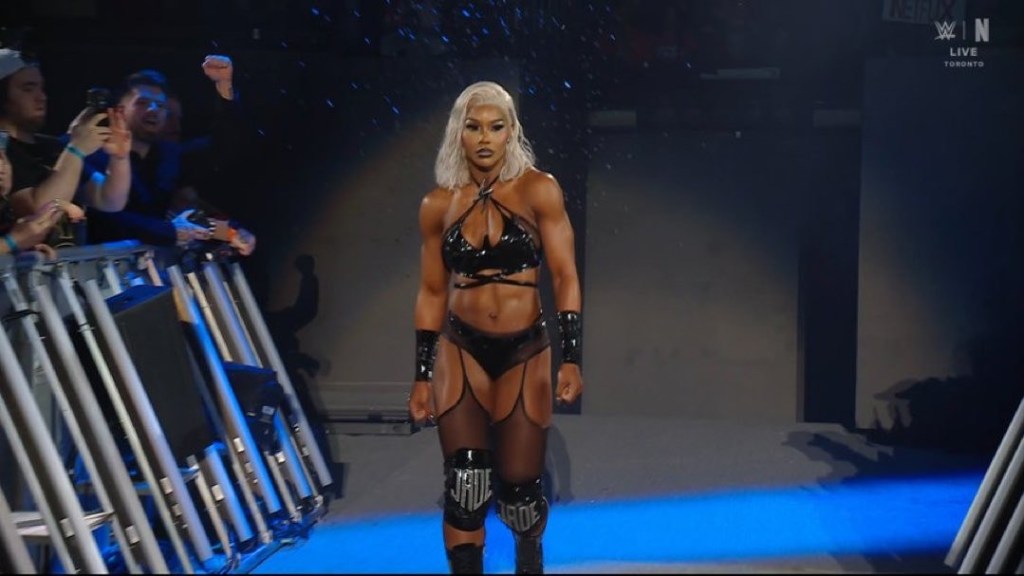The ink’s barely dry on AT&T’s $86 billion acquisition of Time Warner. But the company is already jacking up prices for its streaming TV customers, something AT&T repeatedly stated wouldn’t happen during the company’s sales pitch for the controversial deal.
AT&T last week informed its DirecTV Now streaming video customers they’ll be paying $5 more to use the service starting in August.
“To continue delivering the best possible streaming experience for both new and existing customers, we’re bringing the cost of this service in line with the market—which starts at a $40 price point,” AT&T said in a statement to Cord Cutter News, which first reported the hike.
The problem: AT&T repeatedly claimed that the company’s merger with Time Warner would lower rates, not raise them.
Videos by VICE
“The evidence overwhelmingly showed that this merger is likely to enhance competition substantially, because it will enable the merged company to reduce prices, offer innovative video products, and compete more effectively against the increasingly powerful, vertically integrated ‘FAANG’ [Facebook, Apple, Amazon, Netflix, and Google] companies,” AT&T stated in a post-trial brief.
DOJ lawyers and consumer advocates had argued that AT&T would simply use its added size and leverage to drive up licensing costs for competitors, making “must have” content like HBO far more expensive for competitors and consumers alike. But AT&T repeatedly downplayed that idea both in public statements and court filings.
“There is no sound evidence from which the Court could fairly conclude that retail pay-TV prices are likely to increase,” AT&T said in the wake of the trial. The company proceeded to claim that “merger efficiencies will begin exerting downward pressure on consumer prices almost immediately” in the wake of the merger.
Shockingly, that didn’t happen. AT&T did not immediately respond to a request for comment.
The DOJ sued to block AT&T’s merger with Time Warner, but a comically narrow reading of the market by US District Court Judge Richard Leon not only took AT&T lawyers at their word, but ignored how AT&T hopes to use media consolidation and the death of net neutrality synergistically to unfairly dominate the video and online advertising markets.
In fact, at no point did Leon even mention net neutrality in his 172 page ruling, which allowed the merger to proceed without a single condition. DOJ lawyers didn’t either, likely because they didn’t want to highlight how the administration was suing AT&T to “protect consumers” with one hand, while neutering extremely popular consumer protections with the other.
AT&T has found itself under fire for several other moves in the wake of the deal.
The company not only eliminated a free HBO promo for the company’s wireless subscribers shortly after its merger closed, it has been slowly but surely jacking up the cost of the company’s wireless unlimited data plans. AT&T has also been widely criticized for using a sneaky fees to milk wireless consumers to the tune of $800 million in additional revenue annually.
Instead of using the merger to more efficiently compete as the company had promised, AT&T appears to be hard at work raising rates to manage the massive debt incurred by the deal. Meanwhile, Leon’s ruling is expected to pave the way for less scrutiny of other problematic deals, including T-Mobile’s proposed $23 billion acquisition of Sprint.
Time and time again, the vast “synergies” and consumer benefits promised before such deals wind up being decidedly hollow. But much like Charlie Brown and Lucy’s version of football, we seem intent on learning little to nothing from historical precedent.
More
From VICE
-

Illustration by Reesa -

Screenshot: Peacock -

Screenshot: Shaun Cichacki -

Screenshot: Peacock
